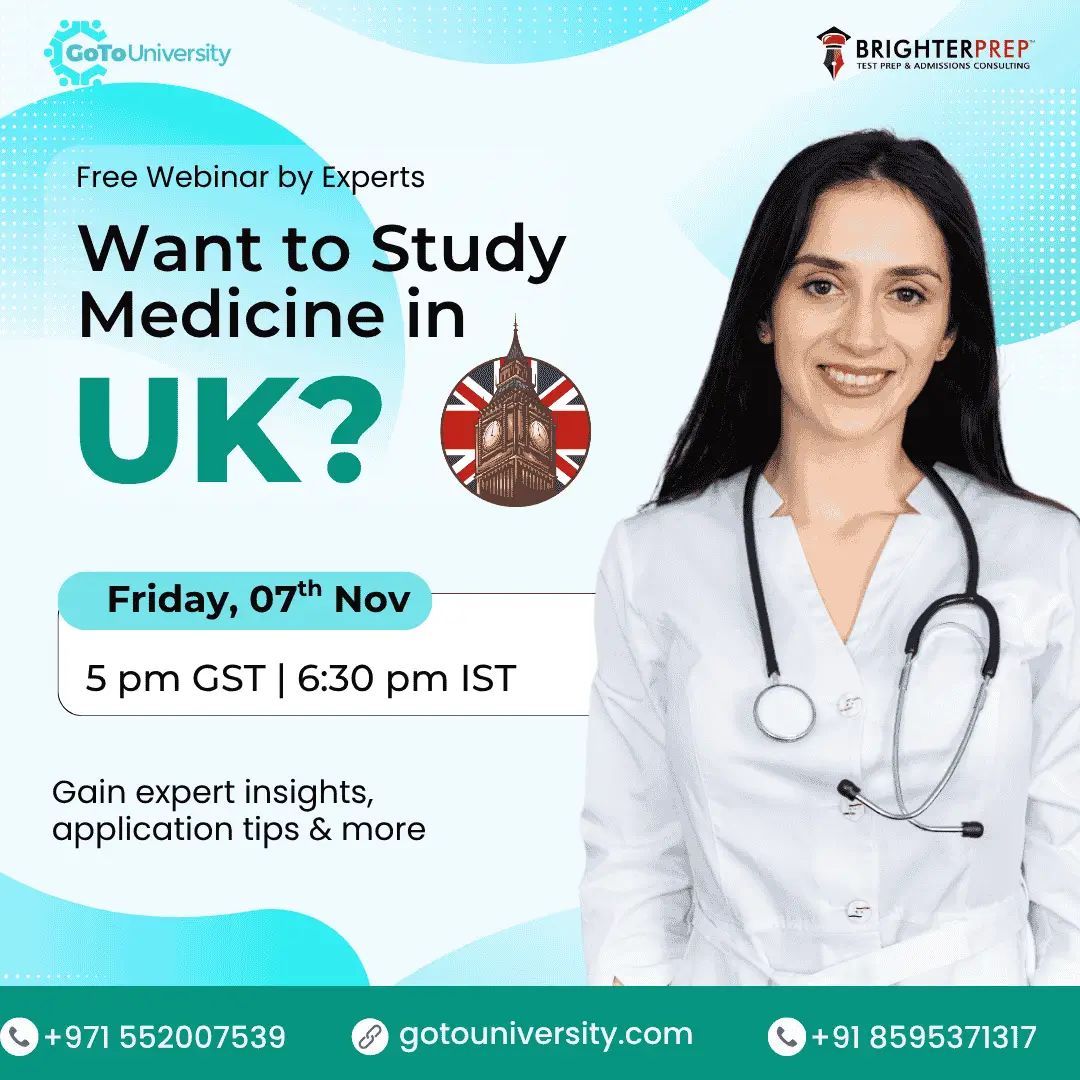- Overview of the medical school application process in the UK
- Tips for academic and extracurricular preparation during high school
- Insight into different pathways to medical school, including undergraduate programs and access schemes
- Understanding the importance of work experience and volunteering in healthcare
- Guidance on choosing the right medical school and preparing for admissions exams
- Advice for parents on supporting their child's aspirations and navigating the application journey
Enter OTP







